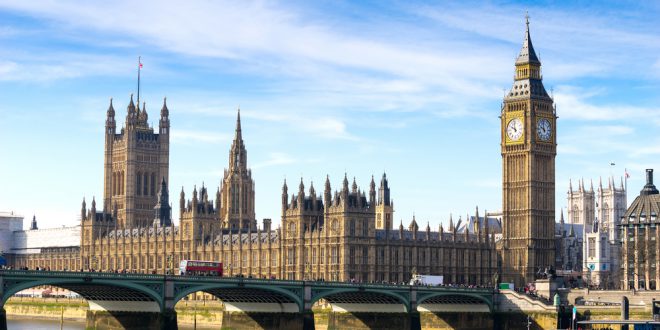Public policy thinktank the Social Market Foundation (SMF) cites that the British public attitudes are hardening with regards to how gambling should be governed.
This morning, the thinktank released its second briefing paper titled “A bitter taste…Exploring the political constraints on public health policies“.
The paper draws from “a review of polling evidence and interviews with policymakers involved in implementing significant public health policies for smoking, drinking, obesity, and gambling”. Within, researchers highlight “the political opportunities and constraints surrounding action on these topics”.
The research relies on opinion polls conducted since 2015, aggregating data from YouGov, Ipsos MORI, Populus, Savanta ComRes and Redfield & Wilton about the public’s stance on health-related policy matters, including obesity, alcohol, diet and exercise.
A key point emphasised in the paper is that “public opinion doesn’t seem to be the primary obstacle to interventionist public health policies,” as most policies surveyed “receive at least plurality support”.
However, the paper suggests that policy outcomes in public health are more likely to encounter resistance from “media, industry, and party colleagues” – viewed as more significant barriers than public opposition.
Addressing the current situation, the SMF report underscores public dissatisfaction with “the government’s current approach and the prevalent belief that it’s inadequate”.
As evidence, the report spotlights that over three-quarters of respondents in a 2022 survey believe the government’s efforts regarding obesity, alcohol, diet, and exercise have been lacking.
Mori Polls’ tracking indicates a sub-20% effectiveness rating from the public concerning the government’s actions on reducing obesity, mitigating alcohol-related issues, improving diets, and promoting physical activity.
The report mentions that survey questions are typically framed in abstract, general terms, focusing on desired end-goals and activity promises without detailing the potential trade-offs.
Regarding gambling policies, the SMF points out the considerable and robust anti-gambling sentiment in the UK, where the public appears more united on trade-offs associated with the gambling sector.
The report references a 2019 survey by the UK Gambling Commission (UKGC), which revealed that “82% of respondents believe there are excessive opportunities for gambling, and 62% feel that gambling should be discouraged”.
While the public acknowledges an individual’s right to gamble, the report emphasises that nearly 29% of UKGC survey respondents feel that a complete ban on gambling would be preferable.
The SMF stresses the negative discourse on gambling policy, indicating that “those attempting to regulate gambling are frequently (and mistakenly) labelled as ‘prohibitionists'”, and it’s evident that “the existing regulatory and societal consensus is deemed unsuitable”.
With the overarching observation that “public health policies are generally popular,” the report commends government interventions like the 2020 prohibition on using credit cards for gambling – a decision which YouGov found had an 84% approval rate.
The researchers assert that changes in public policy shouldn’t be dismissed as “overbearing ‘nanny state’ policies” that infringe on individual freedoms.
In terms of policy recommendations, politicians are advised to approach public health initiatives as enduring endeavours, necessitating prolonged dedication and political resilience against scepticism.
Two strategic approaches are suggested for MPs in policy development: the “Building ‘scoreboard momentum'” approach, which emphasises strategic issue selection and pushing for likely-to-pass measures, and the “two steps forward, one step back” approach, which advocates for tackling multiple issues simultaneously while anticipating some resistance.










